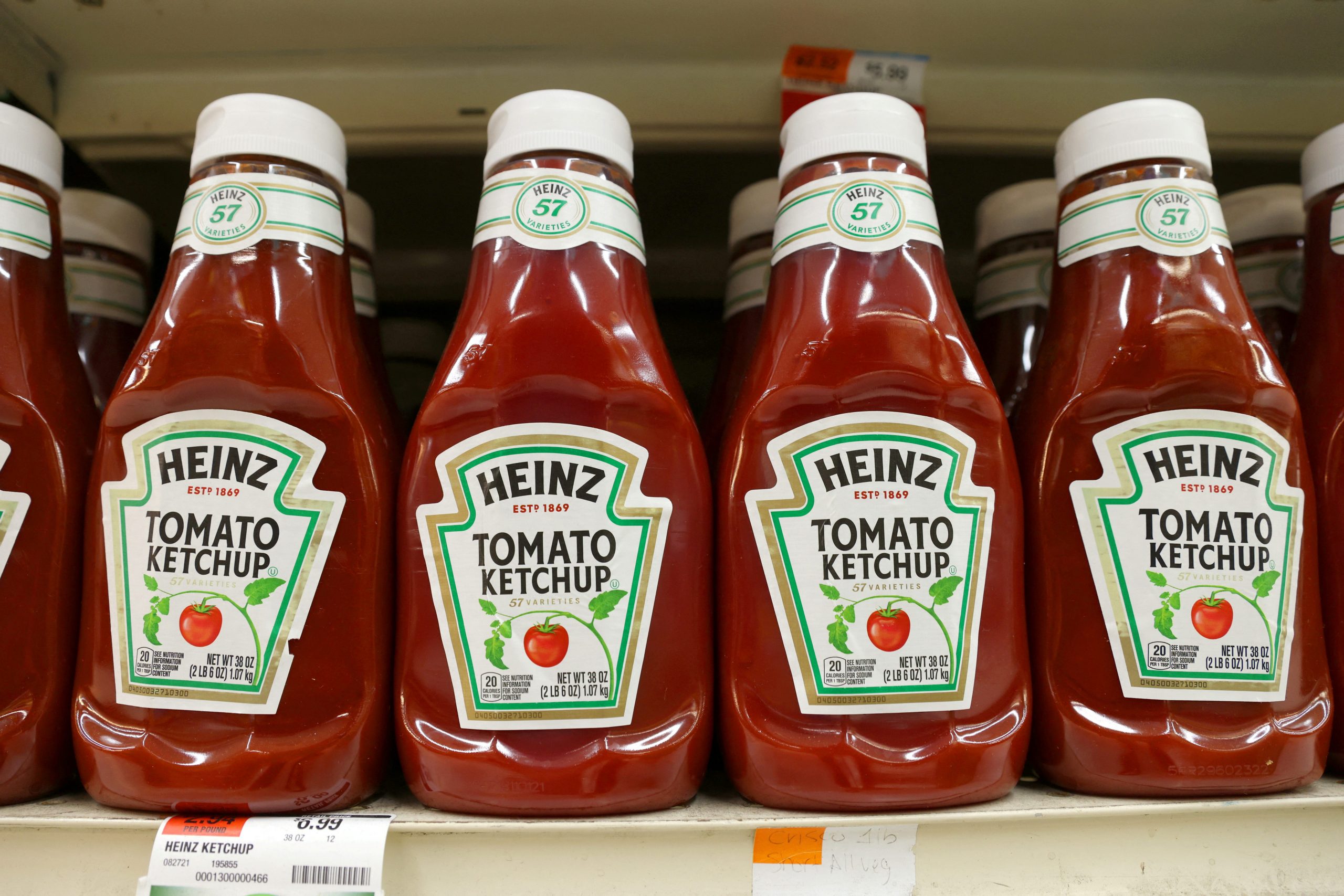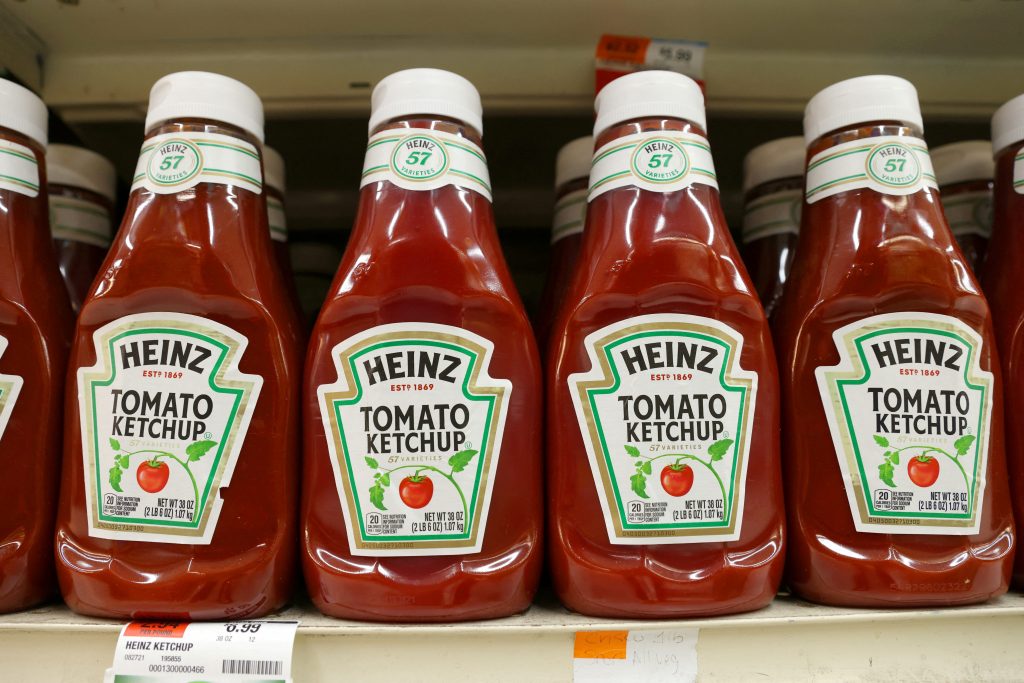
- The Kraft Heinz Company has used the slogan "57 varieties" for over a century.
- But the company confirmed to CNN that 57 does not accurately represent the number of Heinz varieties.
- Heinz keeps the slogan because it's a brand asset to the company and holds deep nostalgia.
Heinz ketchup famously has the slogan "57 varieties" stamped on its bottles.
However, that number does not accurately represent the number of Heinz varieties, according to CNN Business.
Though how that renowned "57 varieties" originated isn't entirely certain. There are a couple of stories CNN reported.
The first is that H.J. Heinz, the Pittsburgh businessman who developed the brand, pulled the number out of thin air back in 1896, CNN reported, citing a biography of Heinz. Even Kraft Heinz, the company that makes the ketchup today, admits that the number is fake.
H.J. Heinz found the number 57 "mystical, magical, and memorable," Heinz brand director Ashleigh Gibson told CNN. Gibson claimed that five was Heinz's lucky number, while seven has his wife's lucky number.
A second version of the slogan's origin story, according to Heinz's personal secretary, is that Heinz simply thought "57" just sounded better than alternative numbers, CNN reported.
What is clear is that Heinz sold fewer than 57 varieties of sauces when its founder started using the number. Today, Heinz varieties number in the hundreds.
Regardless of how the slogan's number came about, Heinz's "57 varieties" slogan became a symbol of the company, appearing on New York City's first electric billboard in New York City in 1900 and in many company ads since then, CNN reported. The "57 varieties" slogan also appears on other Heinz products, from beans to mustard.
It's "a brand asset," Heinz's brand director told CNN.
Kraft Heinz has gotten a boost from the pandemic over the last two years as many consumers have eaten more meals at home instead of going out to public venues and restaurants.
There was even a shortage of Heinz's iconic ketchup as restaurants struggled to get ahold of enough packets to fill take-out and delivery orders, the Wall Street Journal reported last year.
Despite its historical role as a pioneer in the food industry, Kraft Heinz has aggressively downsized and cut costs under the management of private equity owner 3G Capital.
Instead of developing new products, many of Kraft Heinz's innovations have been variations on its century-old standbys, such as a bottled mix of ketchup and mayo it sells as "mayochup."
Both former employees and food industry analysts told Insider last year that Kraft Heinz risks losing more ground with consumers, both as a result of the constant cost-cutting as well as due to competition from more innovative start-up brands, such as Unilever's Sir Kensington's.
The merger of Kraft and Heinz, completed in 2015, contributed to a feeling that "the company is no longer tied to the history and the region" of Pittsburgh, where the Heinz brand was developed, Emily Ruby, a curator at the Sen. John Heinz History Center, told CNN.
But the "57 varieties" claim on company bottles is still a key marker of the Heinz brand, Ruby said. "I think people would be really upset" if the company stopped using the number, she told CNN.
